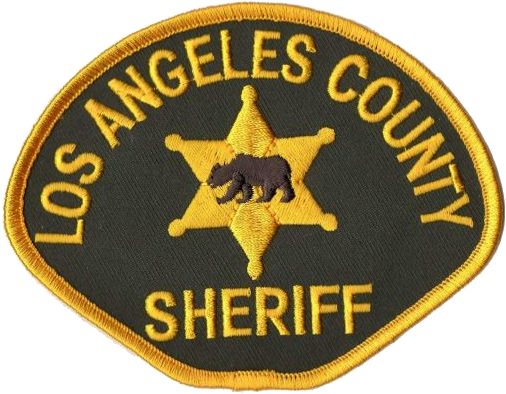My Parents Came 3,000 Miles to a Country They Knew Little About
James McDonnell is Los Angeles County Sheriff. Before taking part in a panel discussion entitled “What Does Trump Mean for Immigrant L.A.?” for a Zócalo/The California Wellness Foundation event at the National Center for the Preservation of Democracy in downtown L.A.’s Little Tokyo, he spoke in the green room about Winston Churchill, growing up around Fenway Park, and the lessons for police in a new feature film.
[divider] [/divider]
Q:What’s your profession in your next life?
A: Philanthropist.
[divider] [/divider]
Q: What would be your focus?
A: Making opportunities for kids who otherwise would probably be getting on the wrong path; trying to help them have a vision for tomorrow—hope, vision, and a game plan. Because I see the results when kids don’t have that, and I’ve seen it for 36 years. And it takes so little to be able to set a kid up for success, and yet as a society we don’t do enough of that.
[divider] [/divider]
Q: Who’s the person, living or dead, you’d most like to have a beer with?
A: Winston Churchill. Just the experiences he had, the spirit, the ability to motivate people, the ability to overcome extreme odds. And he was able to keep a nation focused on survival, keep them optimistic, and let them know that tomorrow would be better.
[divider] [/divider]
Q: What’s the last good movie you saw?
A: “Detroit.” I thought it was very powerful. I thought it was a movie that should be used in police management classes in the future. There were a lot of lessons to be learned from the movie—based on a real-life situation. It brought out, through the images of police officers, the weaknesses of man and that we tend to go along with the crowd. We tend to live up to expectations, whether they’re good or bad—and in this case extremely bad. When you’re in an emergency situation—a riot situation in this case—it’s like the basic rules, to some people, don’t apply, and they tend to do things they might not otherwise do. And I think that’s why it’s so critical that we have strong values and a moral compass, so that regardless of the situation we can be the best person we can be given the circumstances.
[divider] [/divider]
Q: What’s the best advice you ever got?
A: It was from my dad, who only went to the fifth grade. He was from Ireland, came to this country as a young man. After he met my mother, they got married and came over here. But it was about the importance of education. He would say, “Get a good education. In America, that’s the great equalizer. Treat people as well as you can, work hard, and beyond everything you do, do it as well as you can do it, and you’re going to be successful.”
[divider] [/divider]
Q: How did your parents end up here?
A: They had to leave Ireland because there was no work, right around World War II. So they went to England, met in England, got married, and then came over to the U.S. for opportunity. This was the land of dreams, and they came over and raised the family down the street from Fenway Park. They worked hard—my dad was a laborer and my mother cleaned houses and did stuff to try and make things work. And I look at them and they’re my heroes, really, because they came 3,000 miles to a country they knew very little about and were willing to work hard and do the right thing, and make it so things were better for their kids than they were for them.
[divider] [/divider]
Q: If you could time travel to any period, past or future, when would you pick?
A: It would be 100 years from now. It would be to look at the things we’ve tried to do, to kind of lay a foundation for those who follow us in our profession, or just in life, and to see how did we do—did we set a foundation, were we able to chart a course for those who came behind us that was meaningful for them?
[divider] [/divider]





